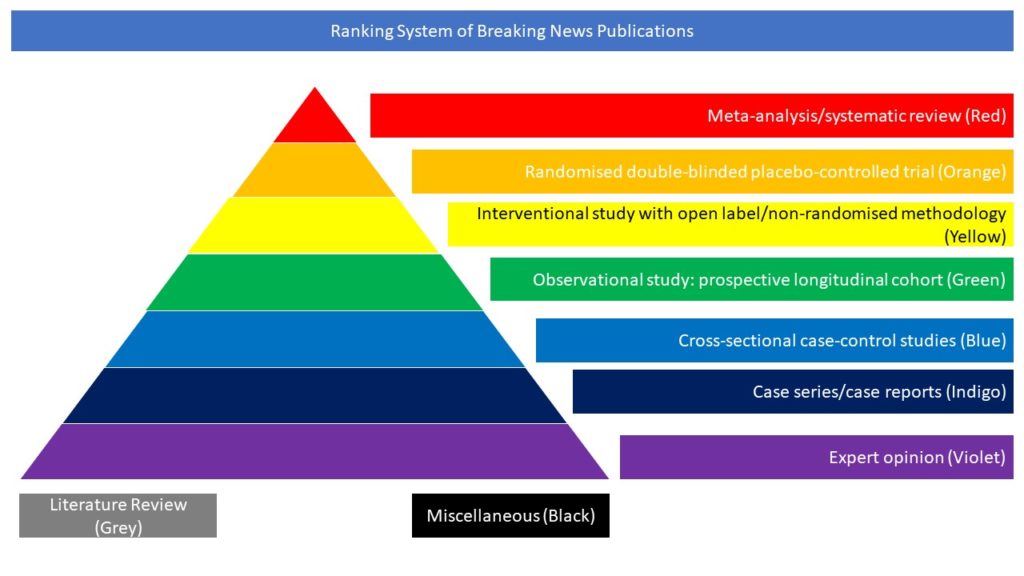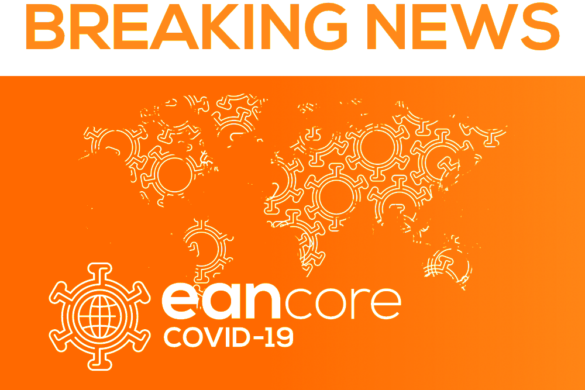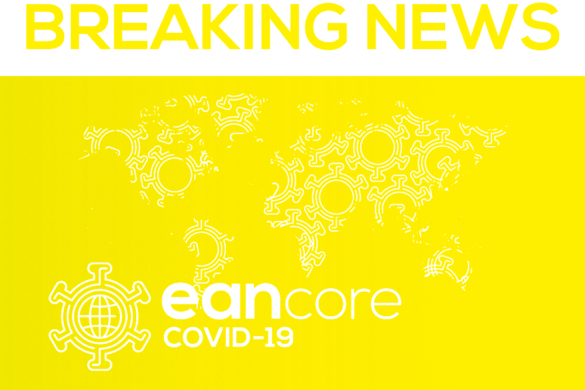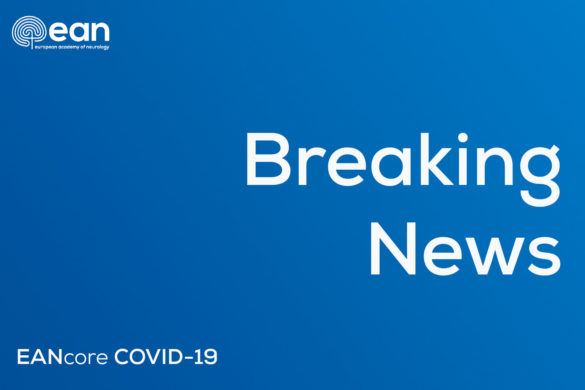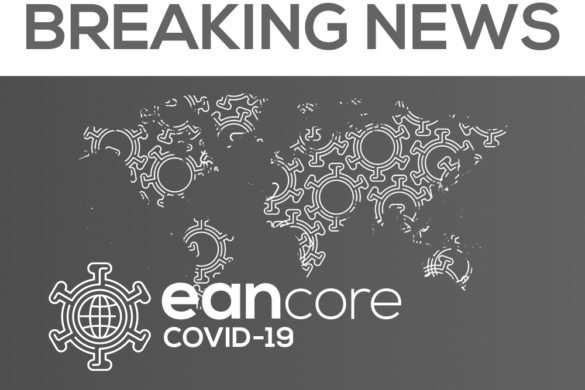Cross-sectional case-control studies (Blue)
The aim of this study was to determine the influence of high-efficacy disease modifying therapy (DMT) on the development of IgG SARS-CoV-2 antibody response in COVID-19 convalescent people with multiple sclerosis (pwMS). Seventy-four pwMS taking high-efficacy DMTs (specifically natalizumab, fingolimod, alemtuzumab, ocrelizumab, cladribine and ublituximab) and diagnosed with COVID-19 and 44 healthy persons (HC) were enrolled. SARS-CoV2 antibodies were tested with Elecsys® Anti-SARSCoV-2 S assay. pwMS taking high-efficacy DMTs had a significantly higher chance of having negative titer of SARS-CoV2 antibodies compared to healthy controls (33 negative pwMS [44.6%] compared to one negative HC [2.3%], p < 0.001). pwMS taking B-cell depleting therapy (ocrelizumab and ublituximab) had a significantly higher chance of having negative titer of SARS-CoV2 antibodies compared to pwMS on all other DMTs (29 negative pwMS on B-cell therapy [64.4%] compared to four negative pwMS on all other DMTs [13.8%], p < 0.001). Out of other DMTs, two (33.3%) pwMS taking fingolimod and two (16.7%) pwMS taking cladribine failed to develop IgG SARS-COV-2 antibodies. B-cell depleting therapy independently predicted negative titer of IgG SARS-CoV-2 antibody (Exp[B] =0.014, 95%CI 0.002-0.110, p < 0.001). The authors concluded that a significant proportion of convalescent COVID-19 pwMS on high-efficacy DMTs will not develop IgG SARS-CoV-2 antibodies. B-cell depleting therapies independently predict negative and low titer of IgG SARS-CoV-2 antibody.
Habek M, Jakob Brecl G, Bašić Kes V, Rogić D, Barun B, Gabelić T, Emeršič A, Horvat Ledinek A, Grbić N, Lapić I, Šegulja D, Đurić K, Adamec I, Krbot Skorić M. Humoral immune response in convalescent COVID-19 people with multiple sclerosis treated with high-efficacy disease-modifying therapies: A multicenter, case-control study. J Neuroimmunol. 2021 Aug 16;359:577696. doi: 10.1016/j.jneuroim.2021.577696.
